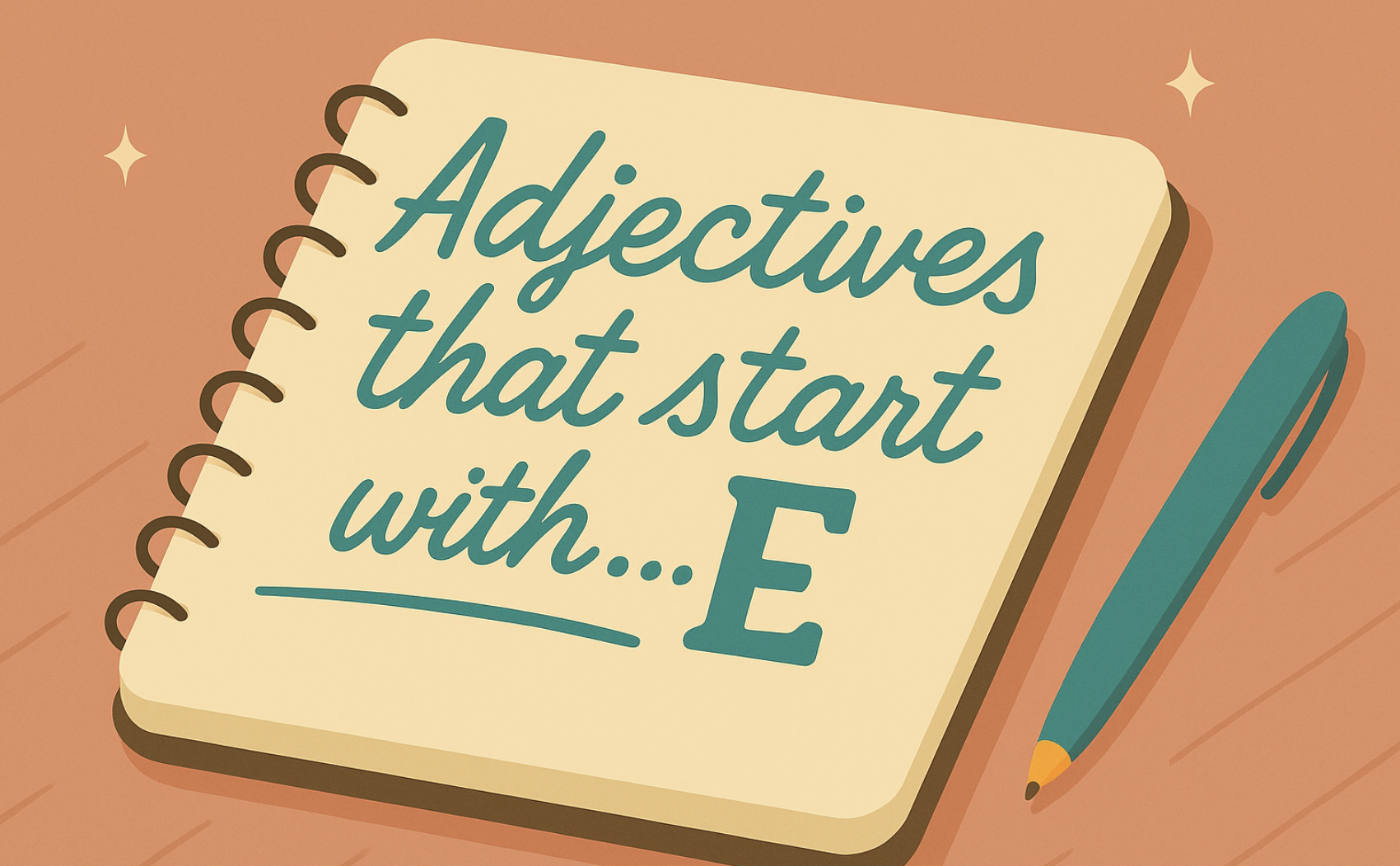In the realm of writing, research is not just a preliminary step; it’s the backbone that ensures the authenticity and credibility of your work. Whether you’re crafting a historical novel, a scientific article, or a persuasive piece, the depth and accuracy of your research can significantly impact your narrative’s believability and your target audience’s trust. Research doesn’t merely serve to adorn your writing with facts; it lays the foundation for creating a rich, immersive experience that resonates deeply with readers.
Research enriches content by weaving layers of context, detail, and realism into your narrative, transforming a mere collection of words into a vivid tableau that captivates the imagination. It’s about going beyond the surface, exploring different perspectives, and presenting a multifaceted view of your subject. This meticulous attention to detail helps bridge the gap between writer and reader, fostering a connection that is both intellectual and emotional. By grounding your work in reality, you invite your audience into a world that, while perhaps unfamiliar, feels tangible and authentic.
For writers, navigating the vast sea of research techniques is crucial. From traditional methods like library visits and archival digging to modern approaches like digital databases and social media analysis, the range of tools at your disposal is vast. Each technique offers unique insights and advantages, whether you’re gathering quantitative data for statistical analysis or seeking qualitative insights through interviews and case studies. Understanding the nuances of these methods and their application to your writing project is essential. This article aims to demystify the research process for writers, offering a comprehensive guide to selecting and employing the most effective research techniques for writers, to enhance the authenticity and impact of your work.
Your Publishing Journey Awaits – Start NowUnderstanding Research Techniques for Writers
Research techniques for writers are a diverse array of methodologies designed to gather, analyze, and interpret information that enriches their writing projects. This research, unlike its academic or scientific counterparts, offers a more fluid and adaptable approach, allowing writers to tailor their investigation to the narrative’s demands and their creative inquiries. Writers employ both qualitative and quantitative research methods, ranging from personal interviews and observations to the examination of statistical data and historical documents. The goal is not merely to collect facts but to weave these details into the narrative, enhancing its authenticity and depth.
The importance of research spans the entire writing process. Initially, it grounds ideas in reality, providing a sturdy base for the narrative. It can spark new directions in the plot, add layers to character development, and offer rich, accurate settings that reflect real-world locations and cultures. As the writing evolves, research ensures the narrative’s accuracy, filling knowledge gaps and validating details to maintain the reader’s engagement and trust.
Research remains vital during revisions, offering a lens to refine and validate every manuscript element. Writers often revisit their research to clarify or deepen aspects of their work, ensuring its authenticity. Developing effective research skills is crucial, involving proficient sourcing, evaluation, and organization of information. This skill set enables writers to navigate through various sources and information repositories, from libraries to digital databases, and to engage directly with subjects through interviews and surveys.
Research is integral to writing, not merely a preliminary step. It shapes the narrative, infusing it with realism and depth, and transports readers across different realms of experience. For writers, mastering research techniques is not just about enhancing their work’s authenticity; it’s also about broadening their perspectives and discovering new ideas that fuel their creative journey.
Developing Your Research Method
When embarking on a writing project, one of the critical decisions a writer must make is selecting the appropriate research method to gather the necessary information. This choice significantly influences the depth, accuracy, and authenticity of the final work. Understanding the distinctions between qualitative, quantitative, and mixed-methods research is essential for tailoring your approach to the specific needs and objectives of your project.
Qualitative Research is primarily exploratory, focusing on understanding concepts, thoughts, and experiences. It’s invaluable for writers seeking to delve into the nuances of human behavior, societal trends, or cultural phenomena. This method often involves conducting interviews, participating in or observing specific groups, and analyzing text or media. Qualitative data is rich in detail and context, offering insights into the ‘why’ and ‘how’ behind certain behaviors or events. It’s particularly useful for developing characters, settings, or narratives that require a deep understanding of personal experiences or complex social dynamics.
Quantitative Research involves the collection and analysis of numerical data to identify patterns, test theories, or quantify relationships between variables. This method is ideal for writers who need to support their narratives with statistical evidence or who are dealing with topics that require measurable facts. Surveys, experiments, and content analysis are common techniques for gathering quantitative data. This approach can lend credibility to your work, especially in genres that demand a high degree of accuracy, such as science fiction, historical writing, or non-fiction.
Mixed-methods research combines elements of both qualitative and quantitative research, providing a comprehensive understanding of the research problem. This approach allows writers to explore the depth and context of their subject matter (qualitative) while also backing their narratives with statistical evidence (quantitative). Mixed methods are particularly effective for complex research projects that benefit from multiple perspectives, such as in-depth biographies, multifaceted social issues, or elaborate world-building in fiction.
Choosing the right research method depends on several factors, including the nature of your writing project, your objectives, and the type of background information that you need.
Consider the following questions to guide your decision:
What is the primary goal of your research? Are you seeking to understand or explain a phenomenon in depth, or are you looking to measure or test specific elements within your narrative?
What type of data will best support your writing? Stories that thrive on emotional depth and character development may benefit more from qualitative research, while those that rely on factual accuracy or statistical evidence might necessitate quantitative methods.
What resources and time do you have available to conduct research? Qualitative research can be time-consuming and requires interpersonal skills for conducting interviews or observations. Quantitative research may demand statistical expertise and access to larger populations for surveys or experiments.
In many cases, a mixed-methods approach may offer the most comprehensive insights, allowing you to explore your subject matter from different angles and with a richer palette of data. Ultimately, the choice of research method should enhance the authenticity and impact of your writing, providing a solid foundation upon which to build your narrative.
The Research Process: From Data Collection to Analysis
The research process is a systematic approach that writers can use to gather, analyze, and interpret information relevant to their writing projects. This process enhances the depth, authenticity, and credibility of the final work. Here’s a step-by-step guide to conducting research, from data collection to analysis, including practical tips for conducting interviews, utilizing search engines, using research questions, and sourcing peer-reviewed articles.
Your Publishing Journey Awaits – Start NowStep 1: Define Your Research Question
Start by clearly defining the research question or hypothesis. This will guide your research process, helping you stay focused and relevant. Your question should be specific, measurable, and attainable within the scope of your project.
Step 2: Choose Your Research Method
Based on your research question, decide whether a qualitative, quantitative, or mixed-methods approach is most appropriate. Consider what type of potential sources of data will best answer your question and the resources you have available.
Step 3: Plan Your Data Collection
For qualitative research, plan your interviews, observations, or content analyses. Design your interview questions or observation criteria in advance. For quantitative research, design your survey or experiment, ensuring your questions or hypotheses are clearly defined and measurable.
Step 4: Collect Data
- Conducting Interviews: Build rapport with interviewees to create a comfortable environment for sharing information. Be flexible in your approach, allowing the conversation to flow naturally while gently steering it back to the relevant topics when necessary. Record the interviews with permission for accurate data capture.
- Using Search Engines: Utilize advanced search options to filter results more effectively. Use specific keywords related to your research question, and consider using Boolean operators (AND, OR, NOT) to refine your searches. Bookmark or save relevant articles for easy access later.
- Accessing Peer-Reviewed Articles: Utilize academic databases like JSTOR, PubMed, or Google Scholar to find credible and authoritative sources. Look for articles published in reputable journals within your field of interest. Many libraries offer access to these databases, and interlibrary loans can provide articles not immediately available.
Step 5: Organize Your Data
As you collect data, organize it systematically. Use digital tools or a manual system to categorize and store information for easy retrieval. This step is crucial for managing large volumes of data and simplifying the analysis phase.
Step 6: Analyze Your Data
For qualitative data, look for patterns, themes, and narratives that emerge from the information. This may involve coding the data and identifying significant statements or observations. For quantitative data, perform statistical analyses to test your hypotheses or explore relationships between variables. Tools like SPSS, Excel, or R can be useful for this purpose.
Step 7: Interpret Your Findings
Interpret the results in the context of your research question. Consider the implications of your findings for your writing project. How do they support or challenge your initial assumptions? How can they enrich your narrative or argument?
Step 8: Document Your Process and Findings
Maintain detailed records of your research process, including how you collected and analyzed your data. This documentation is crucial for verifying the authenticity of your work and can be invaluable during the writing and revision stages.
Throughout the research process, remain open to new ideas and be prepared to adjust your approach based on what you discover. Effective research is iterative, often requiring multiple rounds of data collection and analysis to fully explore the subject matter. By following these steps and utilizing the tips provided, writers can conduct thorough and effective research that significantly enhances the quality and authenticity of their work.
Incorporating Research into Your Writing
Integrating research findings into your writing is a delicate balance between presenting facts and maintaining your unique voice and narrative flow. This integration is crucial for enhancing the authenticity and depth of your work while ensuring that the research supports rather than overwhelms your ideas. Here are some strategies to effectively incorporate research into your writing:
Strategically Position Your Research
Use research to bolster your arguments or narratives at points where they will have the most impact. Introduce research findings when you need to provide evidence for a claim, set the historical or cultural context, or when describing a setting or situation that requires factual accuracy. Positioning your research effectively ensures that it enriches your narrative without detracting from the storytelling.
Blend Research with Narrative
Seamlessly weave research into your narrative by integrating facts and data into the story or argument you are making. Rather than presenting research as a standalone element, use it to enrich descriptions, deepen character development, or substantiate arguments. For example, describe a historical setting using vivid details from your research or use statistical evidence to underscore a point in an argumentative essay.
Maintain Your Voice
While presenting researched data, it’s essential to keep your unique voice and perspective. Interpret the data in a way that aligns with the tone and style of your writing. Use your voice to guide the reader through the research, providing commentary or insights that reflect your interpretation of the data. This approach helps to integrate the research more naturally into your narrative and maintains the reader’s engagement.
Use Paraphrasing and Direct Quotes Judiciously
Paraphrase research findings to fit the flow of your writing, ensuring that you accurately represent the original data or insights. Use direct quotes sparingly and only when the original wording is particularly powerful or when it’s important to convey the exact phrasing used by a source. Always attribute quotes and data to their original sources to maintain credibility.
Contextualize Research Findings
Provide context for the research you incorporate, explaining its relevance and significance to your narrative or argument. This might involve discussing the background of a study, the implications of a historical event, or the significance of a statistical finding. Contextualization helps readers understand why the research is important and how it relates to your broader narrative or argument.
Edit for Cohesion
After integrating research into your first draft, review your work to ensure that the research elements do not disrupt the narrative flow or coherence. Editing might involve smoothing transitions between your narrative and research, ensuring consistency in tone, and verifying that the research supports rather than sidelines your original ideas.
By employing these strategies, writers can effectively integrate research into their work, enhancing its depth and authenticity while preserving their unique voice and perspective. This careful integration ensures that the research enriches the narrative, providing a solid foundation for the ideas and stories being conveyed.
Your Publishing Journey Awaits – Start NowNavigating Challenges in Research and Writing
Research, while integral to the writing process, can present a myriad of challenges, from information overload to self-doubt. Understanding these obstacles and knowing how to navigate them is crucial for writers aiming to write and produce authentic, credible work.
Overcoming Information Overload
One of the most common issues writers face is information overload. With the vast amount of data available, especially online, it’s easy to become overwhelmed. To combat this, start by narrowing your focus. Define your research question or objective clearly and stick to it. Use filters and keywords strategically to sift through data more efficiently. Additionally, setting limits on your research time can help you stay focused and prevent you from falling down the rabbit hole of endless information.
Battling Self-Doubt
Self-doubt can cripple the writing process, making you question your expertise or the value of your work. To overcome this, remind yourself that research is a process of discovery, and you don’t need to know everything from the start. Break down your research and writing into manageable tasks to avoid feeling overwhelmed. Seeking feedback from trusted peers or mentors can also provide reassurance and constructive guidance.
Ensuring Ethical Use and Avoiding Plagiarism
Ethical use of information is paramount to maintain credibility and avoid plagiarism. Always attribute ideas, quotes, or data to their original sources. This not only respects the original creator’s work but also strengthens your own by showing thorough research. When in doubt, err on the side of caution by providing citations or seeking permission to use certain materials.
Plagiarism is a serious ethical breach that can undermine your integrity as a writer. To avoid this, make diligent note-taking a habit. Clearly differentiate between your ideas and those you’ve sourced from elsewhere. Use plagiarism checkers as an additional layer of verification. Understanding and practicing proper citation methods is also crucial; familiarize yourself with the required style guide (APA, MLA, Chicago, etc.) for your writing project.
Navigating these challenges requires a blend of strategic planning, ethical diligence, and self-care. By acknowledging and addressing these hurdles head-on, writers can maintain the integrity and quality of their research and, by extension, their writing.
Publishing with Spines
Spines revolutionizes the publishing process for authors by offering an AI-driven platform that simplifies and enhances the way they publish their books. This platform enables writers to effortlessly upload and format their manuscripts, design their book covers, and determine their own pricing and distribution strategies. Furthermore, Spines equips authors with marketing resources and analytical tools to effectively reach their desired audience and monitor the success of their publication.
The platform also connects authors to an extensive international network of retailers and libraries, ensuring their work gains maximum visibility and increases the likelihood of sales. Spines presents a straightforward and affordable approach to publishing and distributing books, supporting authors in realizing their publishing aspirations with greater ease. Sign up for free to publish your book!
Your Publishing Journey Awaits – Start NowConclusion and Final Thoughts
Research is the cornerstone of writing that not only bolsters authenticity and credibility but also deeply enriches the narrative, making it resonate with readers. It transforms writing from mere text to an immersive experience, grounded in reality yet imaginative in its exploration of various subjects. Writers are encouraged to view research not as a mere step in the writing process but as an essential part of a continuous journey of learning and discovery, one that continually feeds their creativity and broadens their understanding of the world.
Embrace research with an open mind and a curious spirit, allowing it to guide you to new insights and perspectives that can elevate your writing. Remember, effective research involves not just the collection of facts but the thoughtful integration of information, ensuring it complements and enhances your narrative. As you continue to hone your research skills, let them be a tool that adds depth, authenticity, and engagement to your work, connecting you more profoundly with your audience and your craft.







